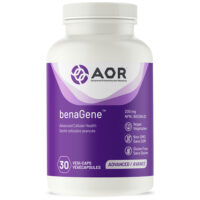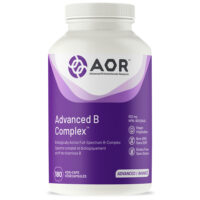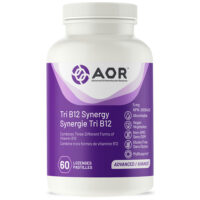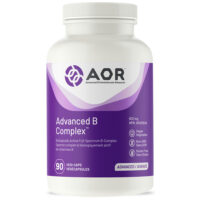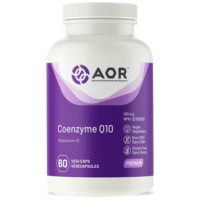When cows or other livestock feed on grass, they first regurgitate the grass from their first stomach or rumen. Since they have four rumens, they can break down the food and digest it by converting it into fat and protein. Why grass fed meat is better for you is the topic of this article.
Years ago, grass was the only source of food for most livestock. Today, however, grain, corn, and other protein supplements are utilized. The problem is that because the livestock is not used to this type of food, antibiotics have to be given to the livestock so that the foods they are given do not cause problems to their digestive system.
The problem with feeding corn to cows is that it is an acidic agent which can cause bloat, which is when the animal’s rumen produces high amounts of gas and the rumination process suddenly halts. The rumen becomes larger and intervention becomes necessary to relieve the animal of the gas build-up. Unless this is done quickly, the pressure can literally suffocate the cow.
Thus, because cows and other livestock are given antibiotics to prevent ulcers, liver disease, and other conditions as a result of the acidity, the meat can be infected with bacteria such as E. coli. Recent events illustrate how the E. coli bacteria played a major role in causing individuals to become seriously ill and, in some cases, even death.
Another reason why grass fed meat is better for you is because it is low in saturated fat. Studies have shown that livestock who are fed with grain have a higher amount of fat than those who are grass fed. When you buy a steak, for example, do you notice the marble of fat? Well, that is a direct result of grain fed cattle.
In addition, grass fed meat contains a higher amount of omega-3 fat, which is beneficial to our health. This is the same omega-3 fat that is found in fish and cod liver oil. Here is another point: When livestock are fed grain, the omega-3 fat is slowly absorbed into their tissue and much of it is lost. In addition, meat from grain fed livestock has less Vitamin E than meat from those that are grass fed. Cattle that are grass fed have four times more Vitamin E than their counterparts.
Finally, it seems appropriate to add that grass fed livestock help the environment. When grain is used, there is a build-up of waste which is attributed to pollution. However, with grass fed livestock the waste is absorbed by the farmland and becomes a source of nutrients that are recycled over and over again.
Grass fed meat is a viable alternative in maintaining a healthy lifestyle. Although grass fed meat is more expensive, it is worth the price knowing that we are contributing not only to the health and welfare of livestock, but to the environment as well.


